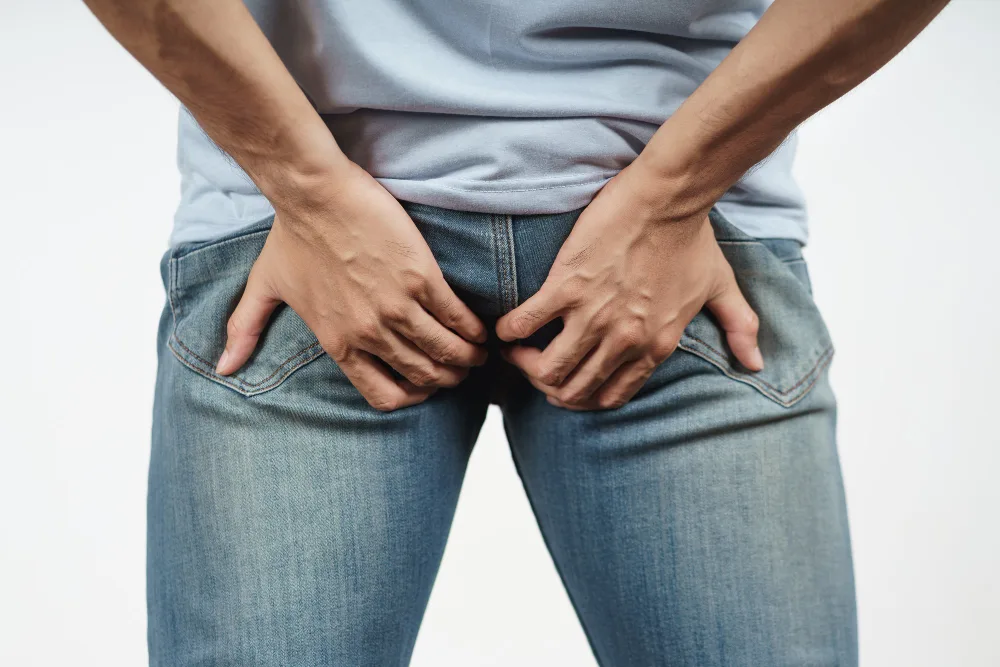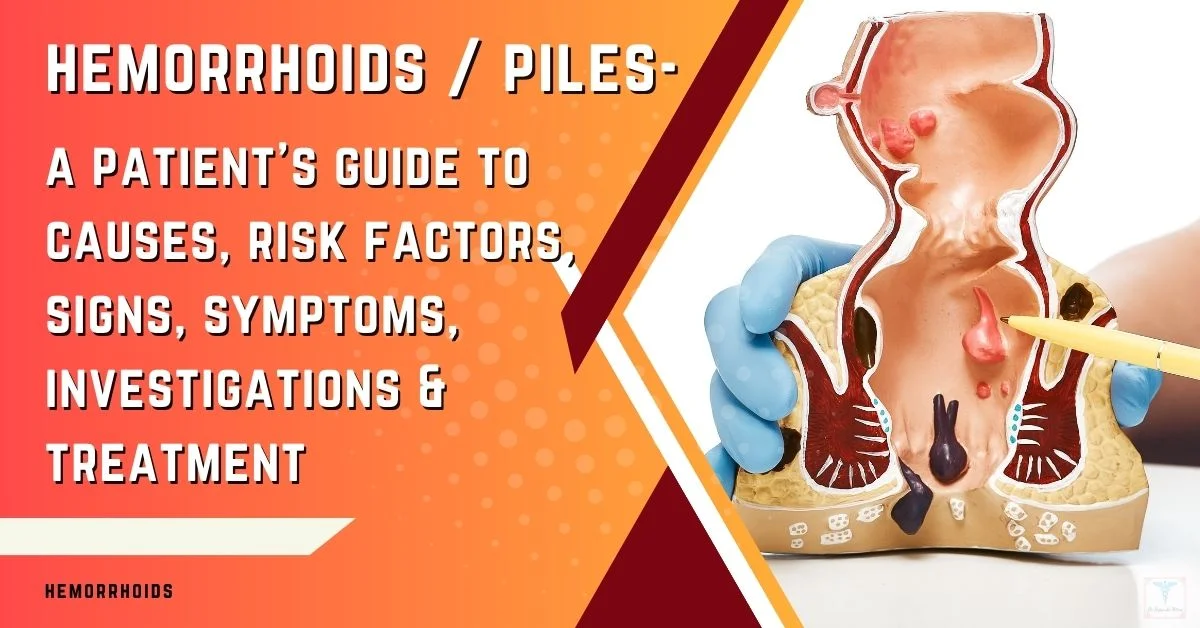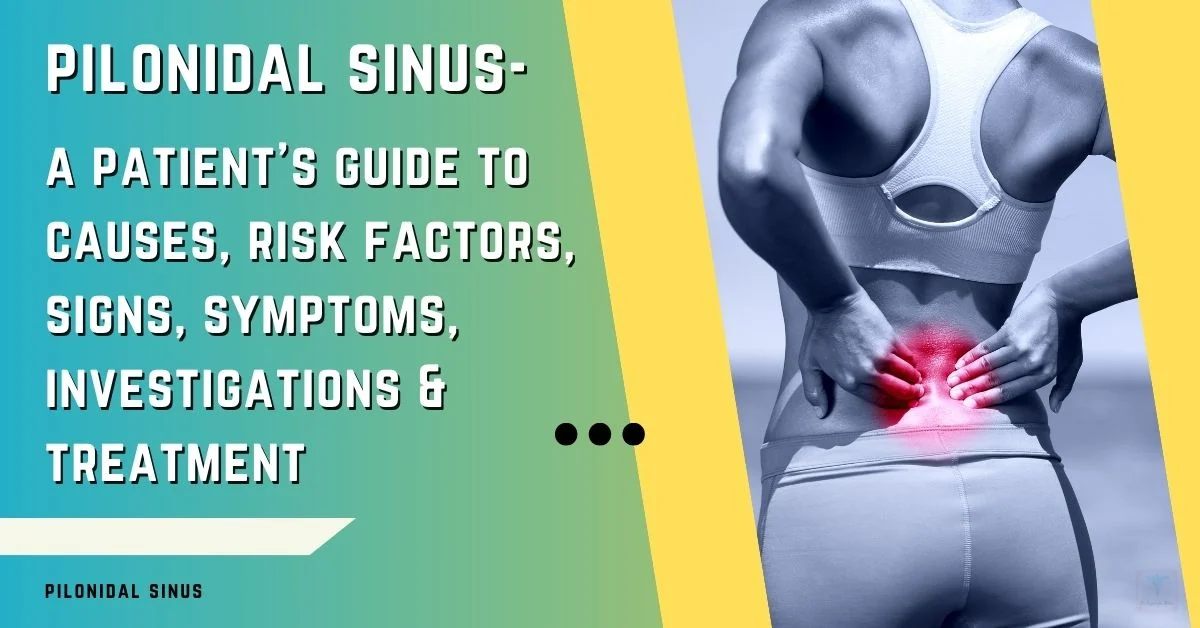Anal fissures have a range of treatment options depending on severity. All the treatment options for Anal Fissure are used for different types of fissures.
Mild acute fissures may heal with simple home remedies and over-the-counter products. Moderate fissures may require prescription medications and creams. Severe or chronic fissures often need minor surgery if conservative treatments fail.
Treatment is tailored to your specific symptoms and classification of anal fissure. Let’s discuss the full spectrum of options to heal anal fissures.
Best Treatment Options For Anal Fissure: Key Points
- Home remedies and OTC products for mild cases.
- Oral and topical medications to relax the sphincter.
- Procedures like Botox or dilators for stubborn cases.
- Surgery like sphincterotomy for chronic or severe fissures.
- Follow-up care is critical to prevent recurrence.

Home Remedies and Lifestyle Changes
- Take warm baths or sitz baths 2-3 times a day.
- Use a squat position or stool to avoid straining during bowel movements.
- Increase fiber intake through diet, supplements, or laxatives.
- Stay well hydrated with water and juices to soften stools.
- Gently pat dry or air dry the anal area after bathing.
- Apply cold compresses or ice packs to relieve swelling and pain.
- Rest lying on your side or stomach to alleviate pressure on the anus.
- Consider using a hemorrhoid donut cushion when sitting.
Over-the-Counter Products
- Stool softeners like docusate to reduce straining.
- Laxatives like magnesium citrate for constipation.
- Medicated wipes and ointments with lidocaine or pramoxine for pain relief.
- Suppositories and creams with zinc oxide or vitamin A&D to promote healing.
- Non-medicated wipes and barriers to keep the area clean.
These provide mild pain relief and protect the fissure during bowel movements but do not treat the fissure itself.
Prescription Medications
- Topical nitrate creams to relax the anal sphincter muscle.
- Calcium channel blockers to relax the anal sphincter.
- Oral pain medications like NSAIDs to control discomfort.
- Muscle relaxants taken orally or applied rectally.
- Steroid creams to reduce inflammation in severe cases.
These aim to relax the sphincter to promote blood flow and healing of the fissure.
Procedures
- Botox injections into the anal sphincter muscle.
- Anal dilators to relax sphincter tone.
- Chemical sphincterotomy applying medications into the anal canal.
- Surgical sphincterotomy cutting a small portion of the sphincter.
These procedures all work by relieving pressure on the fissure and increasing blood supply to stimulate healing.
Surgery
- Lateral internal sphincterotomy – cutting a small section of the sphincter.
- Fissurectomy – removing the fissure/ulcer itself.
- Advancement flaps – using local tissue to cover the fissure bed.
Surgery has a 90% success rate for chronic or severe fissures. It provides immediate relief but 4-6 weeks of recovery.
Follow-up Care
- Continue warm baths and topicals after procedures.
- Gradually return to normal diet and bowel habits.
- Follow instructions for post-op wound care.
- Attend all follow-up visits as recommended.
- Report any concerns like bleeding or poor healing.
Ongoing care helps prevent the recurrence of fissures and supports full healing.
Final Note From Dr. Rajarshi Mitra
The treatment course is tailored to fissure severity and response to more conservative options.
My goal is to provide the most effective care with minimal disruption to your lifestyle. Please let me know if you have any other questions!



















